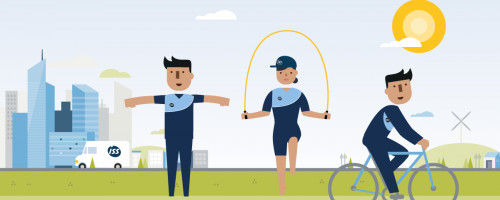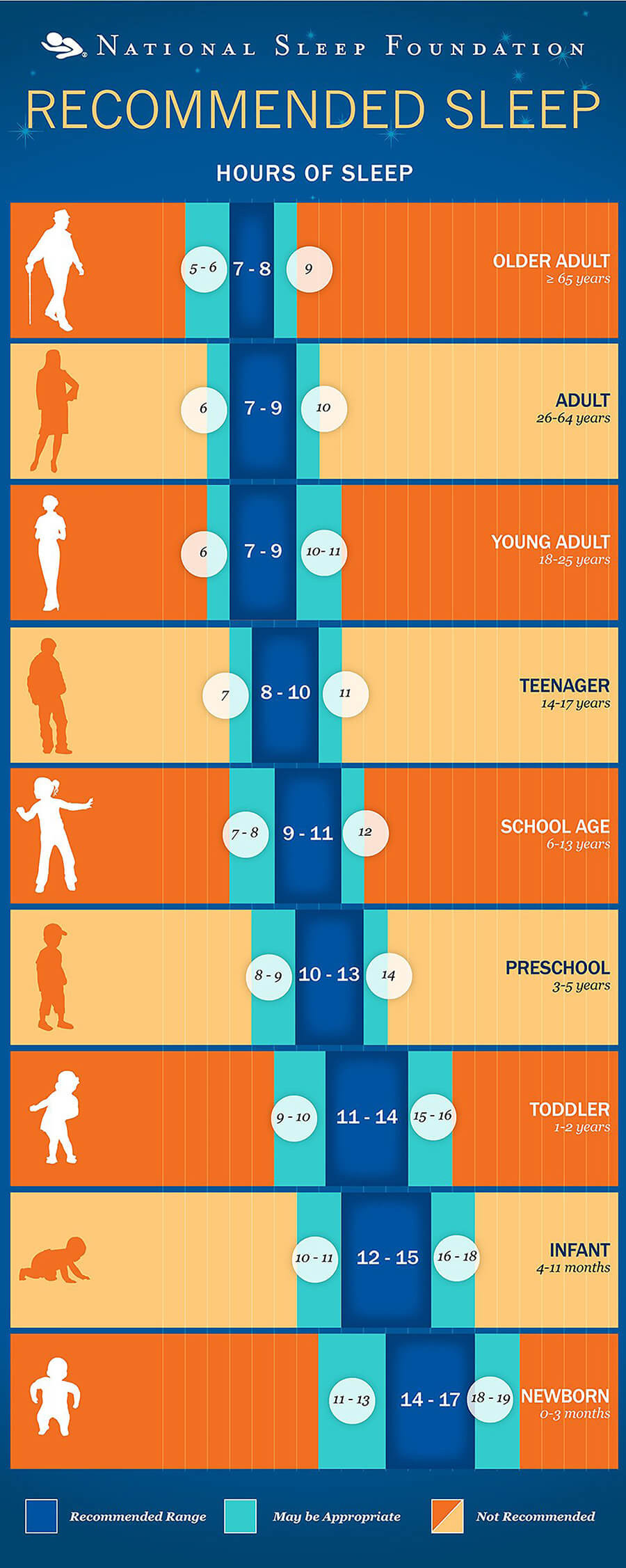
Well-being and the Role of Self Awareness
“I think self-awareness is probably the most important thing towards being a champion” (Billie Jean King). The word champion means different things to different people but I like to look at it as us being the best versions of ourselves. To do that, we need to be aware of who we are, play to our strengths and acknowledge our weaknesses. Self-awareness is a key contributor to our well-being (Chen & Cooper, 2014), and with the world currently experiencing a pandemic, self awareness is now more important than ever.
Our school community has been amazing throughout this period of online learning. We have supported each other and demonstrated care and compassion to others. But have we always taken care of ourselves? We are aware of the global situation, but, have we been self aware?
Sleep, diet, and exercise are the foundations of a healthy lifestyle and when one of them is affected, there is usually a domino effect on the others. We often think about these aspects of health as the physical health domains and accept that eating an unhealthy meal, or losing an hour of sleep, or lying on the sofa for a whole day will only have a minimal effect on our physical health. Which, if done infrequently, might be the case. However, over our online learning period, undoubtedly, routines have been affected. What was seldom, may have become more and more frequent. If the foundations of our physical health (sleep, diet, and exercise) are significantly impacted, this can lead to deterioration of our mental health (and vice versa).
In order to get back into a steady routine, we need to set goals of what we are striving to achieve. Change is never easy and once our body has adapted to sleeping less, being sedentary, or making poor food choices, it can be difficult to reverse those changes right away, particularly if our mental health has been affected.

So, what should we be aiming for? Well, that depends on numerous factors. Let’s start with sleep. The amount of sleep we require changes throughout our lifespan. Take a look at the National Sleep Foundation’s infographic - are you getting enough sleep for your age? From a personal point of view, my sleep has been the most significantly impacted area of physical health during this time. There is an abundance of research out there that states the blue light omitted from our tech devices inhibits the secretion of melatonin, the key hormone responsible for our sleep. A first step in trying to get a better sleep at night could be limiting the amount of screen time in a day and avoiding any screen time whatsoever in the hour before bedtime.
Sleep also affects our nutrition. When we are not meeting our sleep needs, we eat more and, often, less healthy food. The topic of nutrition is too big to delve into in this article but following some key tips will help.On their website, The World Health Organisation (WHO), recommends the following:
“achieve energy balance and a healthy weight
limit energy intake from total fats and shift fat consumption away from saturated fats to unsaturated fats and towards the elimination of trans-fatty acids
increase consumption of fruits and vegetables, and legumes, whole grains and nuts
limit the intake of free sugars
limit salt (sodium) consumption from all sources and ensure that salt is iodized”
Staying away from the McDonalds on campus (and other junk food options elsewhere), avoiding sodas, and snacking on fruits and nuts rather than chips, chocolate and candy are good starting points to improving our nutrition.
The WHO recommends that children get 60 minutes of moderate to vigorous activity daily. For adults, it’s at least 150 minutes per week. Over the last 13 weeks, going outdoors to exercise may not have been an option at certain times. However, there are plenty of online workout sites and routines to follow along to and still meet your exercise goals. Now it is possible to get outside and workout, try to do so as often as possible, secretion of endorphins is accelerated when we exercise and this improves our mood and can lead to better mental health.
The key to all of the above information is self awareness. We need to be aware of when we are letting an aspect of our physical health slip as it can affect our mental health, or when we are not taking care of our mental health and it affects our physical health. More and more doctors are now prescribing sleep, exercise or nutritional changes in order to improve health. Knowing yourself can help us look after our body and mind and then we can focus on helping others. Not only can self awareness benefit our health and well-being, it can also make us better team players, better leaders and more well rounded individuals.
Without self awareness, we cannot be a champion, and who doesn’t want to be the best version of themselves every day?
Chen, Peter Y, and Cary L Cooper. Wellbeing: A Complete Reference Guide, Work And Wellbeing. Wiley-Blackwell, 2014.
"Diet". World Health Organization, 2020, https://www.who.int/dietphysicalactivity/diet/en/. Accessed 9 May 2020.
"Sleep For Teenagers - National Sleep Foundation". Sleepfoundation.Org, 2020, https://www.sleepfoundation.org/articles/teens-and-sleep. Accessed 9 May 2020.
"WHO | Physical Activity And Young People". Who.Int, 2020, https://www.who.int/dietphysicalactivity/factsheet_young_people/en/. Accessed 9 May 2020.


